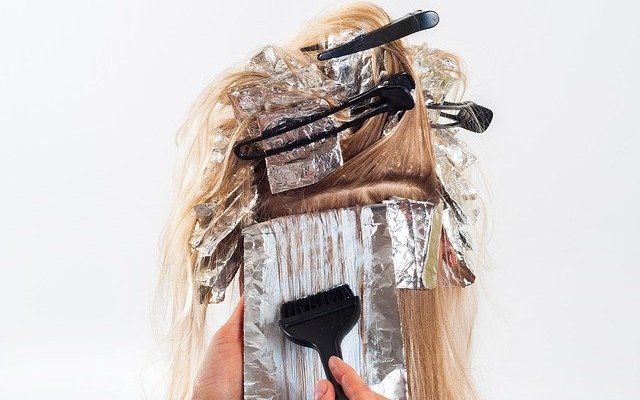
It is impossible to imagine the modern beauty industry without hair dyes. The majority of American women dye their hair regularly.
At some point, most girls realize that they do not like their natural hair and want to change the colour or pattern.
But with dying your hair comes such risks damaging chemicals. When you decide you do not want to use regular dyes, you still have a few options left.
One such option is to dye your hair organically, with less chemicals and more natural ingredients.
These are the most commonly asked questions about organic hair dyes.
Definition
Organic hair dyes are made with organic plants and far fewer chemicals.
How do conventional and organic hair dyes differ from one another?
There are significant differences between conventional and organic hair dyes.
Ammonia, an ingredient in conventional dye formulas, is very damaging and weakens hair by penetrating the hair cuticle while retaining color.
Organic hair does not have it, and is therefore a better and healthier option.
Is it utterly natural?
Not all organic dyes are utterly natural. The only 100% natural hair dye is henna, but before using it one should know that it has some serious drawbacks. Henna based dyes are very harsh on hair because of metal salts.
What factors need to be considered?
When considering whether organic hair dye is right for you, a vital factor is the colour and condition of your own hair. If you have dry and damaged hair, organic hair dyes will be an awesome and healthy option for you. Organic hair dyes work well on blonde hair, and if you have a darker color, you may not get the same results.
What Are the Best Organic Hair Color Options?
Organic hair dyes are less harsh on your hair. Still, not all products that are considered organic and natural will work well on your hair, so check the ingredient list and reviews before buying. Between best organic hair dye are Naturdint Permanent Color, Schwarzkopf Organic Hair Color, Herbatint Permanent Hair Color, Revlon Total Color.
Is it really any better?
Organic hair dyes certainly have less harsh chemicals, making them safer for long-term use, but can lead to less clarity and longevity (depending on the type you use).











